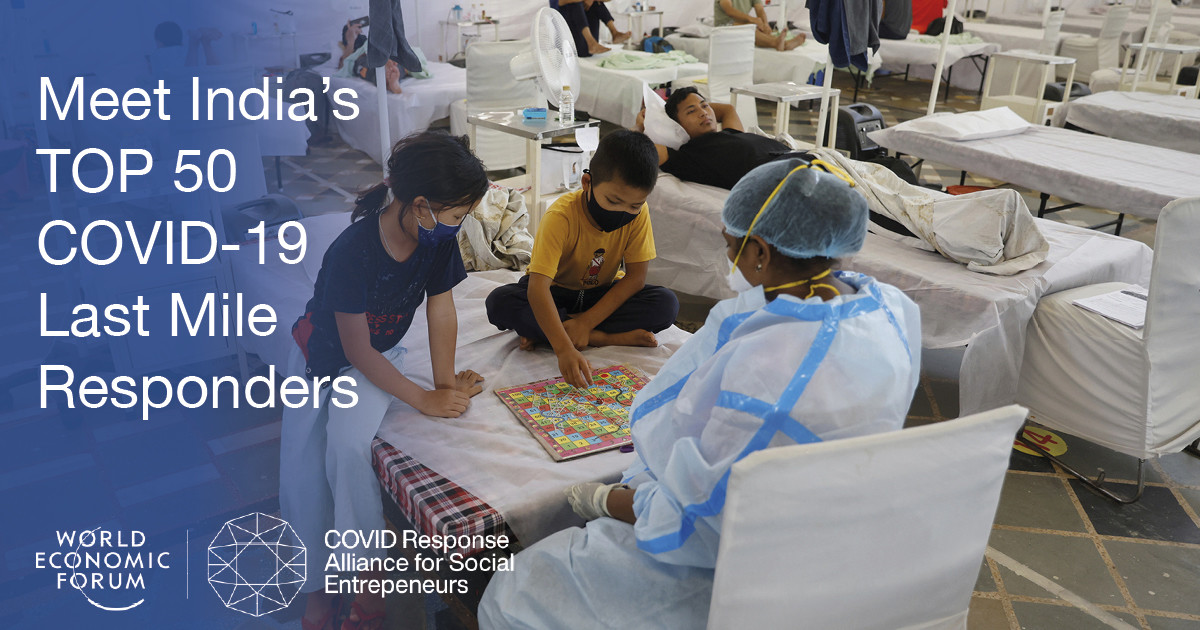COVID-19: What you need to know about the coronavirus pandemic on 30 September

The roll-out of booster shots continues across the United States. Image: REUTERS/Emily Elconin

Explore and monitor how COVID-19 is affecting economies, industries and global issues

Get involved with our crowdsourced digital platform to deliver impact at scale
Stay up to date:
COVID-19
- This daily round-up brings you a selection of the latest news and updates on the COVID-19 coronavirus pandemic, as well as tips and tools to help you stay informed and protected.
- Top stories: Restrictions to ease in Viet Nam's largest city; New study into long COVID-19; France to extend state of emergency.
1. How COVID-19 is affecting the globe
Confirmed cases of COVID-19 have passed 233.2 million globally, according to Johns Hopkins University. The number of confirmed deaths stands at more than 4.77 million. More than 6.2 billion vaccination doses have been administered globally, according to Our World in Data.
AstraZeneca's COVID-19 vaccine has shown 74% efficacy in a large-scale US trial - a figure that rises to 83.5% among those aged 65 and older.
COVID-19 cases in Melbourne have hit record levels, with many being traced back to gatherings to watch the Australian Rules Football Grand Final on television.
Laboratory studies suggest that Merck's experimental oral COVID-19 antiviral drug is likely to be effective against known variants of the virus.
The European Union will extend a mechanism to monitor and potentially limit the export of COVID-19 vaccines from the bloc until the end of 2021 from the current deadline of today, an official announced yesterday.
Poland has sent more than 100,000 doses of the AstraZeneca COVID-19 vaccine to Egypt, the Polish foreign ministry said yesterday.
The Pan American Health Organization has said it's in advanced talks with vaccine makers to buy additional COVID-19 shots to supplement existing deals and supply mechanisms.
France plans to extend a state of emergency until summer 2022 to continue to deal with the COVID-19 pandemic.
Switzerland has agreed a deal to buy 150,000 doses of the Johnson & Johnson COVID-19 vaccine.

2. Restrictions to ease in Viet Nam's largest city
Viet Nam's commercial hub of Ho Chi Minh City has begun to relax COVID-19 restrictions, officials have said. The easing will allow more business and social activities after four months of restrictions.
"All checkpoints on the streets will be lifted and no travel permits will be needed after today," Le Hoa Binh, deputy chairman of the city's people's committee, told a news conference. "We are gradually opening but put our resident's safety first."
From 1 October, Ho Chi Minh City's industrial parks, construction projects, malls, barbershops, hospitality facilities and restaurants for takeaways can resume operations, Binh said.
The city of around 9 million people has accounted for 80% of the country's fatalities and half of its nearly 780,000 cases.
3. At least one long-term symptom seen in 37% of COVID-19 patients - study
A large study from Oxford University and the National Institute for Health Research has shown that at least one long-term COVID-19 symptom was found in 37% of patients three to six months after infection.
The most common included breathing problems, fatigue, pain and anxiety, Oxford said. The study looked at more than 270,000 people recovering from COVID-19.
"We need to identify the mechanisms underlying the diverse symptoms that can affect survivors," said Oxford University professor Paul Harrison, who headed the study.
"This information will be essential if the long-term health consequences of COVID-19 are to be prevented or treated effectively."
India’s leading COVID-19 last-mile responders
Don't miss any update on this topic
Create a free account and access your personalized content collection with our latest publications and analyses.
License and Republishing
World Economic Forum articles may be republished in accordance with the Creative Commons Attribution-NonCommercial-NoDerivatives 4.0 International Public License, and in accordance with our Terms of Use.
The views expressed in this article are those of the author alone and not the World Economic Forum.
Related topics:
The Agenda Weekly
A weekly update of the most important issues driving the global agenda
You can unsubscribe at any time using the link in our emails. For more details, review our privacy policy.
More on COVID-19See all
Charlotte Edmond
January 8, 2024
Charlotte Edmond
October 11, 2023
Douglas Broom
August 8, 2023
Simon Nicholas Williams
May 9, 2023
Philip Clarke, Jack Pollard and Mara Violato
April 17, 2023






